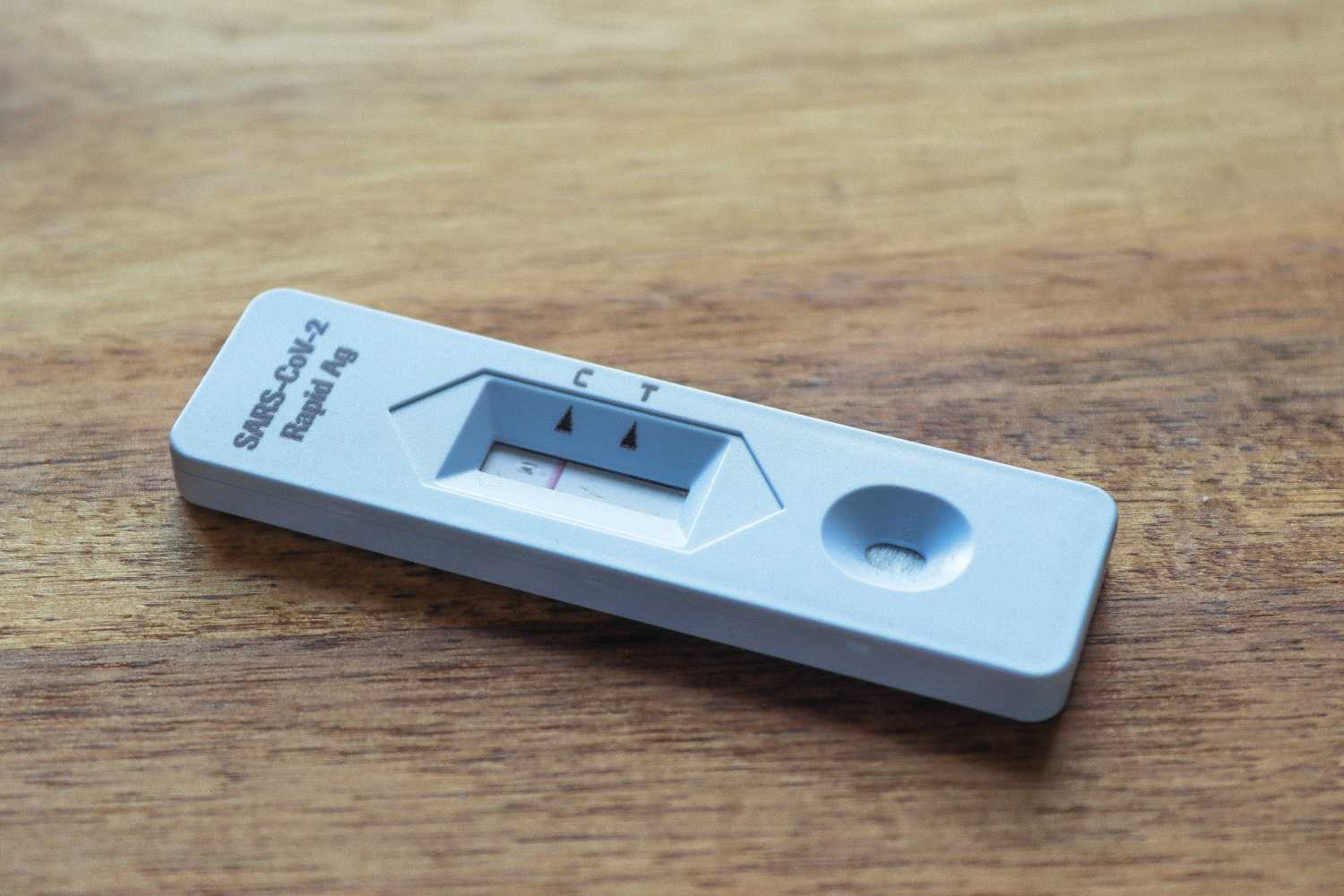
Most likely “Yes”. COVID-19 testing generally provides employer with the most valuable information in assisting employees to determine their level of risk to the workplace. However, long queues for traditional PCR tests, as well as changing eligibility criteria for them, has left a lot of the heavy lifting to Rapid Antigen Tests (RATs). Although less reliable than PCR tests, they are in our opinion an objective and safe way for workplaces to manage the risk of COVID-19. The prevalence of RATs is only likely to increase as availably issues are addressed across Australia.
Is Personal / Carer’s Leave Payable When an Employee Tests Positive to a RAT?
Where an employee (or dependent of an employee) self-tests positive to COVID-19 with a RAT, it is reasonable to assume that they are incapacitated and unable to perform their duties. Therefore subject to any other evidence to the contrary, we consider that employees should be allowed to access their personal/ carer’s leave entitlements, if they are able to provide evidence of a positive RAT. If employees do not want to access their personal / carer’s leave and are ready, willing and able to work, then working from home (where available) should be considered instead.
What if Company Procedure Requires a Medical Certificate / Evidence?
The Fair Work Act test for accessing personal leave only requires that a reasonable person would consider that the employee is genuinely entitled to access personal or carer’s leave. Given the difficulties of: (a) accessing PCR tests; and (b) booking doctor’s appointments it is highly likely that evidence of a positive RAT would sufficient to establish the employee’s genuine entitlement to access personal / carer’s leave. Although PCR tests are widely considered to be more accurate than RATs, the difficulties in accessing them and delays in receiving the results are likely to make a request to an employee impractical and unreasonable. This is reinforced by the most State Governments moving towards a system where positive RAT results are recorded in daily COVID-19 cases. Despite RAT’s lower accuracy it is still likely to hold more objective weight than a Doctor’s certificate.
Can I Trust the Employee?
While it is possible that an employee may fraudulently obtain evidence of a positive RAT, the risk is very low. Furthermore, there is no logical reason why RAT results are no more susceptible to fraud than a Doctor’s certificate. A requirement to provide additional evidence should be reserved for particular occasions where an employee demonstrates dishonesty. Otherwise, there is little to gain in challenging the employee’s request to access their leave entitlements, and further evidence would only place additional burden on an already overwhelmed healthcare system.
Privacy Considerations Relating to RATs
Evidence of a RAT is sensitive medical information. Accordingly, all the usual privacy obligations (both under the Act and internal policies) apply.
Edge Legal
Relationships. Respect. Results
Sign up for our 'Tips & Trends' Articles
You will get short, relevant articles on topical areas with actionable steps and real commentary
We care about the protection of your data. Read our Privacy Policy.